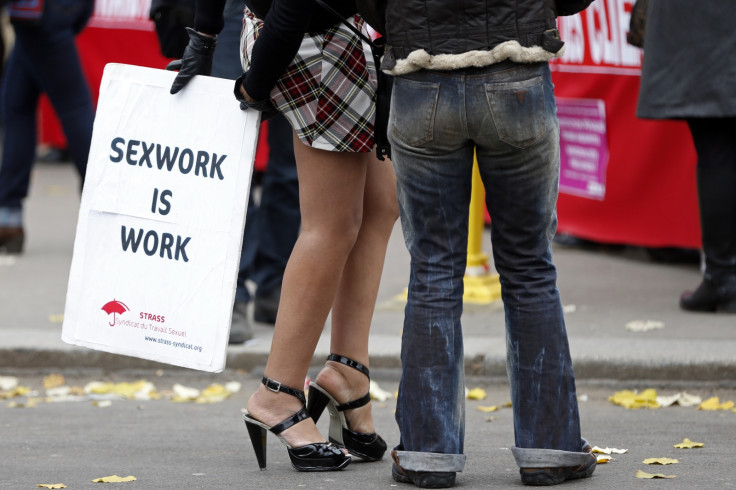French Senate debates blocking websites promoting pimping and sex trafficking

Prostitution websites could soon be removed from Google Search results in France, as the government introduces its final plan to fight pimping and sexual exploitation on the Internet.
On 30 March, the French Senate were debating two amendments to a prostitution bill that allows websites promoting "pimping" and "trafficking of human beings for sexual exploitation" to be administratively blocked, without court intervention.
The Senate will vote on the bill on Tuesday 31 March.
The final vote, in the lower house, could be several months away.
This prohibitory measure was initially set up for sites hosting child pornography and was extended this month to block sites glorifying terrorism in a bid to strengthen the government's legal arsenal against terrorism on the Internet and social networks.
Since Paris introduced the strategy, five websites have been removed.
Prostitution is currently legal in France, but prostitutes are frequently arrested and charged for soliciting in public, which is prohibited.
Pimping and brothels are also illegal.
Classified ads, forums could be blocked
The new amendments being debated link pimping and child pornography, arguing that "sexual exploitation networks operate increasingly on the Internet, and the government must give a concrete answer to this problem soon as possible, in the same way as (it is fighting) against child pornography on the Internet".
Specifically, if the new text is adopted, sites suspected of enabling pimps to use their services - for instance classified ads, forums, or sites dedicated to prostitution - could be blocked by the country's Internet service providers (ISP), upon request of the authorities.
Effectiveness questioned
Some argue, however, that such blockage is far from being 100% effective, as many bypass techniques exist, including re-routing Internet Protocol (IP) addresses to make believe the internet browser that a user is connected from abroad - where the law would not apply - or using directories that are not those of French.
Attitudes toward prostitution may have hardened in France, but the passage of the prostitution bill in the Senate has been chaotic: the Upper House wants to change large parts of the text voted by the Assembly, which initially set out penalties against customers.
The Senate also wants to reintroduce the offence of "passive soliciting", which has been widely criticised by prostitute interest protection associations.
The Minister of Justice, Christiane Taubira has also raised the possibility of extending the scope of sites likely to be blocked to those calling for racist or anti-Semitic hatred.
© Copyright IBTimes 2024. All rights reserved.









